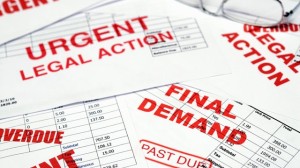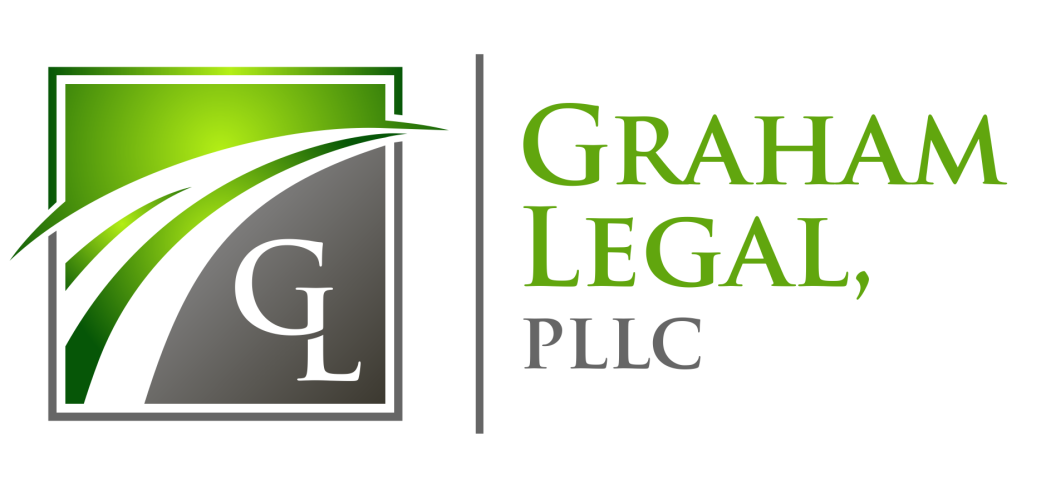Debt
 One of the main reasons people file bankruptcy is to eliminate debt. Debtors receive a discharge after successfully completing a bankruptcy case. The discharge is a court order that permanently shields the debtor from liability for most debts. This means that after the case is completed, the debtor is no longer liable for these debts. Creditors who have claims that were incurred before the filing date cannot sue the debtor, call them or send collection letters, attach liens against their property, garnishment their accounts or wages, or any other type of debt collection activity.
One of the main reasons people file bankruptcy is to eliminate debt. Debtors receive a discharge after successfully completing a bankruptcy case. The discharge is a court order that permanently shields the debtor from liability for most debts. This means that after the case is completed, the debtor is no longer liable for these debts. Creditors who have claims that were incurred before the filing date cannot sue the debtor, call them or send collection letters, attach liens against their property, garnishment their accounts or wages, or any other type of debt collection activity.
Types of Debts That Can Be Discharged
Bankruptcy is a great way to eliminate debt. The following debts can be discharged in bankruptcy cases:
- Credit cards
- Medical bills
- Old income tax liability (unsecured)
- Personal or signature loans
- Pay day loans
- Judgments (depending on the underlying debt)
- Mortgages and car payments
- Mortgage, auto and lease deficiencies
- Many other types of unsecured and secured debts
In fact, bankruptcy can eliminate debt of almost any type. However, there are special categories of debt that cannot be discharged.
Exceptions to the Discharge Order
There are exceptions to discharge, meaning that there are some debts that cannot be discharged in bankruptcy. These include:
- Student loans
- Child support
- Recent income tax
- Criminal fines and restitution
However, there are also exceptions to the exceptions to discharge. For example, some student loans and income tax can be discharged. Be sure to speak with a bankruptcy attorney about your specific situation. Even when these debts cannot be discharged, they can sometimes be reorganized and satisfied for less in a bankruptcy case than they could outside of bankruptcy.
Other Debts That Survive the Discharge Order
Debtors may also choose to prevent discharge of specific types of debts. For example, a debtor may wish to continue making a mortgage payment so that they can keep a house. In this situation, they might choose to reaffirm the debt so that it survives the bankruptcy discharge. Debtors continue to be liable after bankruptcy for debts reaffirmed in Chapter 7 cases or that are being paid direct in Chapter 13 cases. Choosing to continue paying a secured debt after bankruptcy is voluntary.




